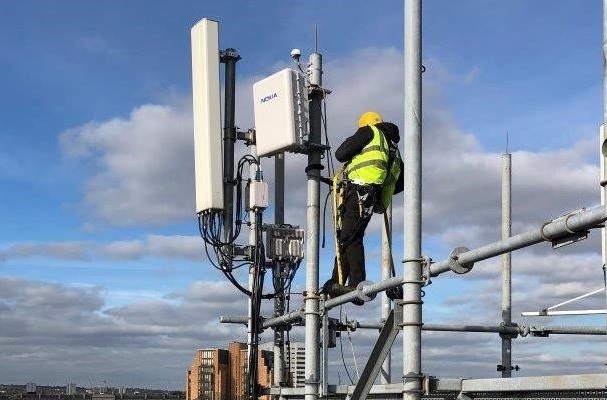Strategic Russian service partner snaps up 15,400 mobile towers for 47 billion rubles and continuing service agreement
Dutch telco Veon has agreed to sell its 15,400 mobile towers to Service-Telecom in Russia for €816 million.
Service-Telecom will buy a 100% share in Veon’s National Tower Company, financed by a 47 billion ruble (€542 million) loan from Gazprombank. The deal is subject to approval and should close by the end of 2021.
Veon’s portfolio of towers in nine regional markets is one of the industry’s largest. Its strategy is to move its global estate of 50,000 wireless towers into separate business units over the course of 2021. This deal releases the capital to, as CEO Kaan Terzioğlu put it, “deleverage Veon’s balance sheet and invest in critical aspects of active network and digital opportunities while achieving more financial flexibility.”
In June Veon acquired a majority stake in OTM, a Russian technology platform for the automation and planning of online advertising purchases.
The mast purchaser Service-Telecom (ST) is a longtime partner of PJSC VimpelCom, a wholly owned subsidiary of Veon. As part of the agreement ST will provide PJSC VimpelCom with mast services under a long-term agreement, for an initial period of eight years and with extensions of eight years thereafter at PJSC VimpelCom’s discretion.
ST invested daily in 4G to stop defections
The two companies will also begin a new “build-to-suit” programme covering up to 5,000 mast sites by 2029. The master agreement provides a framework for a long-term partnership with Service-Telecom to pursue investments in network roll-out and upgrade, and share the benefits from potential future infrastructure market consolidation in Russia. The agreement also provides Beeline, Veon’s mobile brand in Russia, with service commitments and protections enabling Beeline to focus on new initiatives and improve the quality of mobile services for its customers.
According to Light Reading, Veon established separate pre-wrapped legal entities for its mobile tower businesses in Russia and Pakistan. Now it aims to do the same for its towers in Ukraine and Bangladesh.
In Russia, Beeline saw its total revenue increase by a yearly 6.2 per cent in the three months ending June 30, having invested heavily in 4G coverage. Prior to its 4G upgrade its Russian mobile customers were defecting en masse, with 4.5 million customers quit the company’s books between September 2017 and March 2020. It still had 50 million customers at the end of this year’s first quarter.



